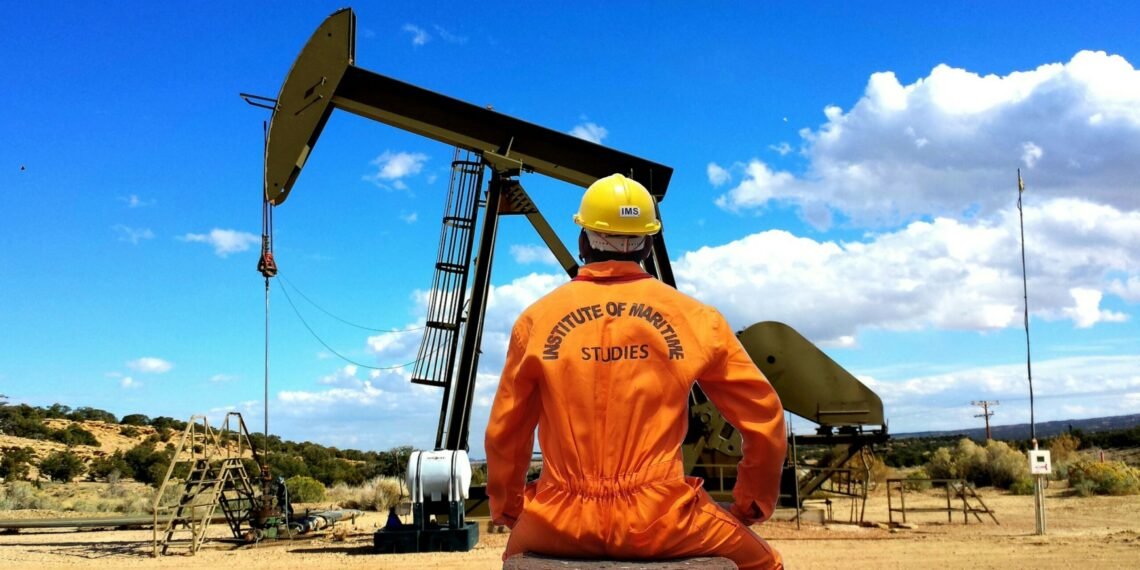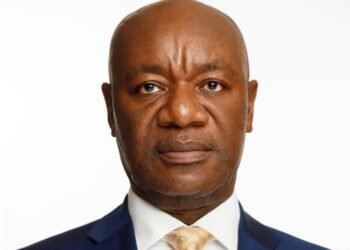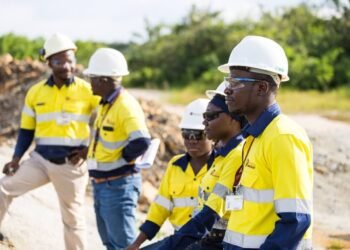Ghana’s push to tap into onshore petroleum reserves in the Voltaian Basin may be facing a significant obstacle from an unlikely but all-too-familiar foe: illegal mining.
Known locally as galamsey, the unregulated extraction of mineral resources continues to wreak havoc on the nation’s environment, and now, experts warn, it may also derail plans for inland oil production.
Mr. Kwame Jantuah, a board member of the Ghana National Petroleum Corporation (GNPC), has raised the alarm over the increasing overlap between illegal mining zones and areas designated for onshore oil exploration. Speaking in an interview, Mr. Jantuah expressed deep concern about the potential consequences of inaction.
“If we are not careful, galamsey could be a huge hindrance to us.
“Especially when you look at the trajectory of where we are finding oil onshore, these areas are increasingly being affected by illegal mining.”
Mr. Kwame Jantuah, a board member of the Ghana National Petroleum Corporation (GNPC)
The Voltaian Basin, which spans several regions in central and northern Ghana, has emerged as a key area for prospective oil discoveries.
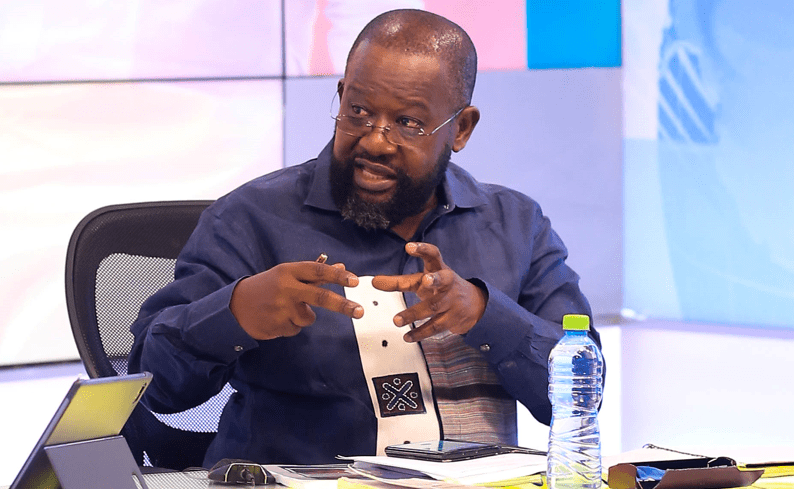
GNPC, which has assumed a leading role in exploring and developing the basin, hopes to make Ghana a dual offshore and onshore oil producer by the end of the decade.
However, widespread environmental degradation—polluted rivers, scarred landscapes, and unstable ground conditions caused by galamsey—poses a real threat to the infrastructure necessary for oil operations.
Mr. Jantuah emphasized that oil exploration and eventual production require a stable and secure environment to lay down pipelines, install wellheads, and build access roads. Galamsey, by its very nature, undermines these prerequisites.
“Polluted water bodies and unsafe zones make it impossible to move heavy machinery or establish critical infrastructure.
“We’re not just talking about the environment anymore; this is now a direct economic and strategic threat.”
Mr. Kwame Jantuah, a board member of the Ghana National Petroleum Corporation (GNPC)
Call for Unified Action
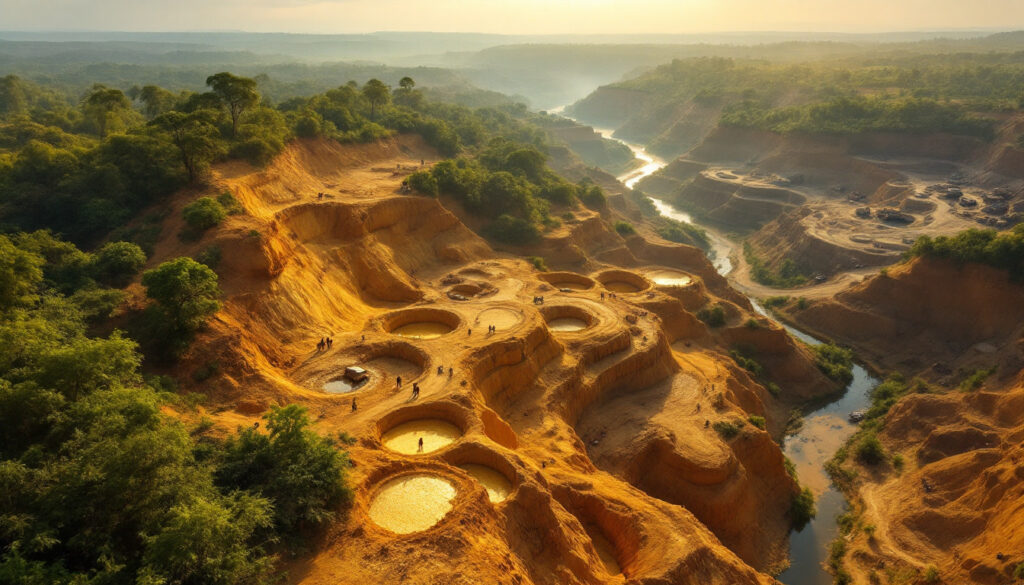
The GNPC board member issued a stern call for a coordinated national response to illegal mining, urging political leaders to set aside party lines in confronting the crisis.
He warned that continuing to politicize the galamsey issue would have far-reaching implications beyond environmental degradation, potentially stalling a crucial sector that could transform Ghana’s energy future.
“This should not be seen as a party issue. Galamsey affects our natural resources, food systems, and now potentially our oil future. It is a national crisis and must be treated as such.”
Mr. Kwame Jantuah, a board member of the Ghana National Petroleum Corporation (GNPC)
While Ghana has gained global recognition for its offshore oil production since the Jubilee Field began operation in 2010, the move to onshore exploration represents a strategic pivot.
According to Mr. Jantuah, GNPC aims to become the primary International Oil Company (IOC) for the Voltaian Basin project, with a strong focus on local participation and ownership.
“We want Ghanaians to be first in line—owning, operating, and benefiting from this industry.”
Mr. Kwame Jantuah, a board member of the Ghana National Petroleum Corporation (GNPC)

To that end, Mr. Jantuah encouraged local stakeholders, especially young professionals and educational institutions, to begin investing in oil and gas technical training.
With a potential production start date projected around 2030, he emphasized that building a skilled domestic workforce now would ensure Ghana reaps the maximum benefits from its onshore resources.
He also drew lessons from neighboring Nigeria, where mismanagement and lack of local capacity during the early days of oil production led to decades of missed opportunities and social unrest.
He cautioned that Ghana must avoid repeating those mistakes, underscoring the importance of transparency and national ownership in managing oil revenues.
As Ghana positions itself for a new chapter in its energy journey, the looming presence of galamsey underscores the urgent need for national unity and decisive policy action.
With the stakes higher than ever, the question remains whether political will can match the gravity of the challenge and turn potential into prosperity.
READ ALSO: Bright Simons Critiques Ghana’s Sports Infrastructure: Misplaced Priorities and State Enchantment

